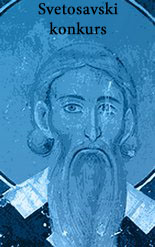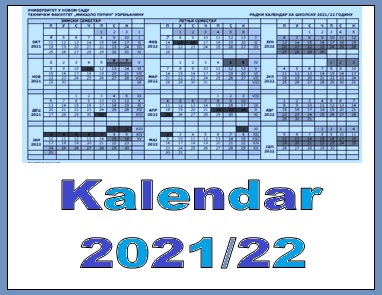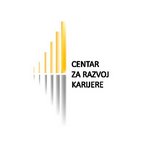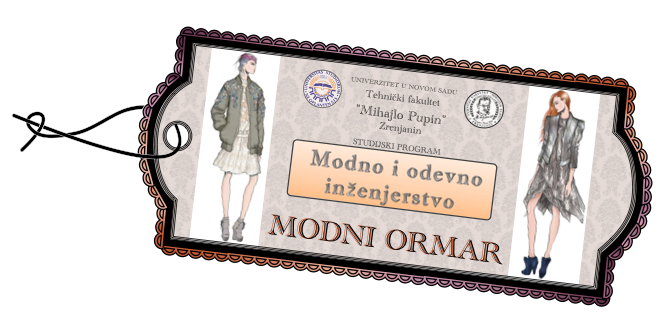Description
Theoretical study:
Overview of the development of expert systems. Components of expert systems. Knowledge base and models of knowledge representation. Mechanism of deduction and logical organization of the process of deduction. Relationship with the user and the expert system shell. Fuzzy expert systems. The modalities of application of teaching and learning.
Practical teaching:
Identify and use specific tools for developing expert systems. Analysis of specific expert systems. Making examples and assignments. Creating a knowledge base of expert system shells. Prototyping knowledge base for teaching and learning in BASELOG system. Using the system DEDUC to deduce the scheduling of classes. Intelligent tutoring systems iTutor. Through seminar work, students need to apply theoretical knowledge to a specific practical problem.
General information
Study program: Information Technology - Professor, Master degree
ECTS: 4
Semester: 2
Lectures: 2
Exercises: 2
Lecturer
Ivana Berković, full professor
Email: [email protected]
Course books
1. Hotomski P., Artificial Intelligence Systems, Technical Faculty "Mihajlo Pupin" (in Serbian), Zrenjanin, 2006.
2. Berković I., The Elements of Artificial Intelligence Through Examples and Assignments (in Serbian), Technical Faculty "Mihajlo Pupin", Zrenjanin, 2006.
3. Stuart R., Norving P., Artificial Intelligence - A Modern Approach, The First and Second Book (translation on Serbian of the third edition) RAF - CET, Belgrade, 2011.
4. Bojić D., Velašević D., Mišić V., Problems in Expert Systems (in Serbian), ETFBelgrade, 1996.
5. Devedžić V., Intelligent Information Systems, Digit/FON, Belgrade, 2000.











